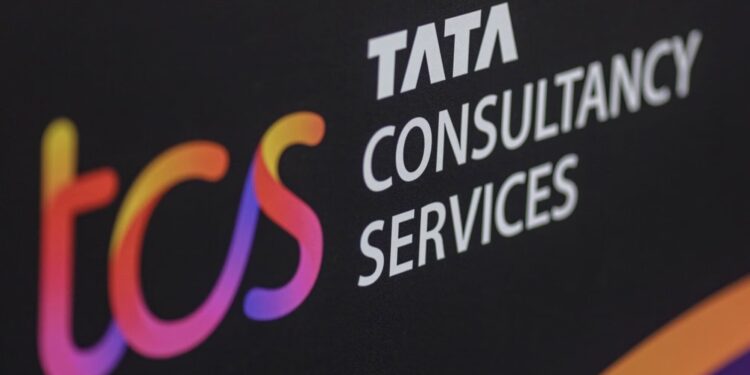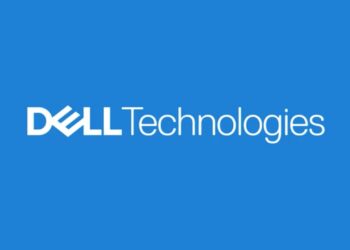Tata Consultancy Services (TCS) has partnered with MIT Sloan Management Review (MIT SMR) to launch a new research project. The goal is to look at how humans and artificial intelligence (AI) can work together better in large enterprises.
This research will include articles about various industries such as manufacturing, retail, banking, healthcare, energy, and technology. The study will explore how business leaders are using AI to make better decisions and gain an advantage over their competitors. The research focuses on “strategic measurement” and shows that new types of AI can bring significant changes, helping companies become more competitive. The year-long project included insights from experts from well-known companies like Walmart, Meta, Mastercard, and Pernod Ricard.
One important finding from the research is that AI is changing its role. Instead of just being a helper, AI is becoming more like a designer or architect of decisions. This means that AI is not only improving processes but also enhancing the ways choices are made. Companies that successfully make this shift are ahead of those that stick to older decision-making methods.
TCS has a lot of experience helping large global organizations use AI to transform their digital processes. With the support from MIT SMR, they are offering new ideas on how AI can enhance human intelligence. The collaboration has introduced the concept of “intelligent choice architectures.” This new idea means that AI systems can actively help in creating and guiding strategic decisions by suggesting new options and predicting possible outcomes.
Michael Schrage, a researcher at MIT, explained that these systems do more than just analyze past decisions; they also improve the environment where decisions are made.
Ashok Krish, Head, AI Practice, TCS, said, “By augmenting human judgment with machine intelligence, ICAs shift AI from task automation to building superior decision environments for complex multi-factorial situations, enabling more trackable, traceable outcomes that ensure accountability. They help align talent development strategies with organizational goals, making it easier to identify and nurture high-potential employees in the AI era. Ultimately, ICAs foster environments where human judgment and AI work together seamlessly to create connected organization intelligence, where smarter and more informed decisions are made.”
David Kiron, from MIT SMR, emphasized that this collaboration is not about AI just helping out; it’s about AI and humans working together to change how we view and act on decisions.
Also Read: SMBs Eager to Embrace AI but Face Challenges in Implementation and Training: Report



















